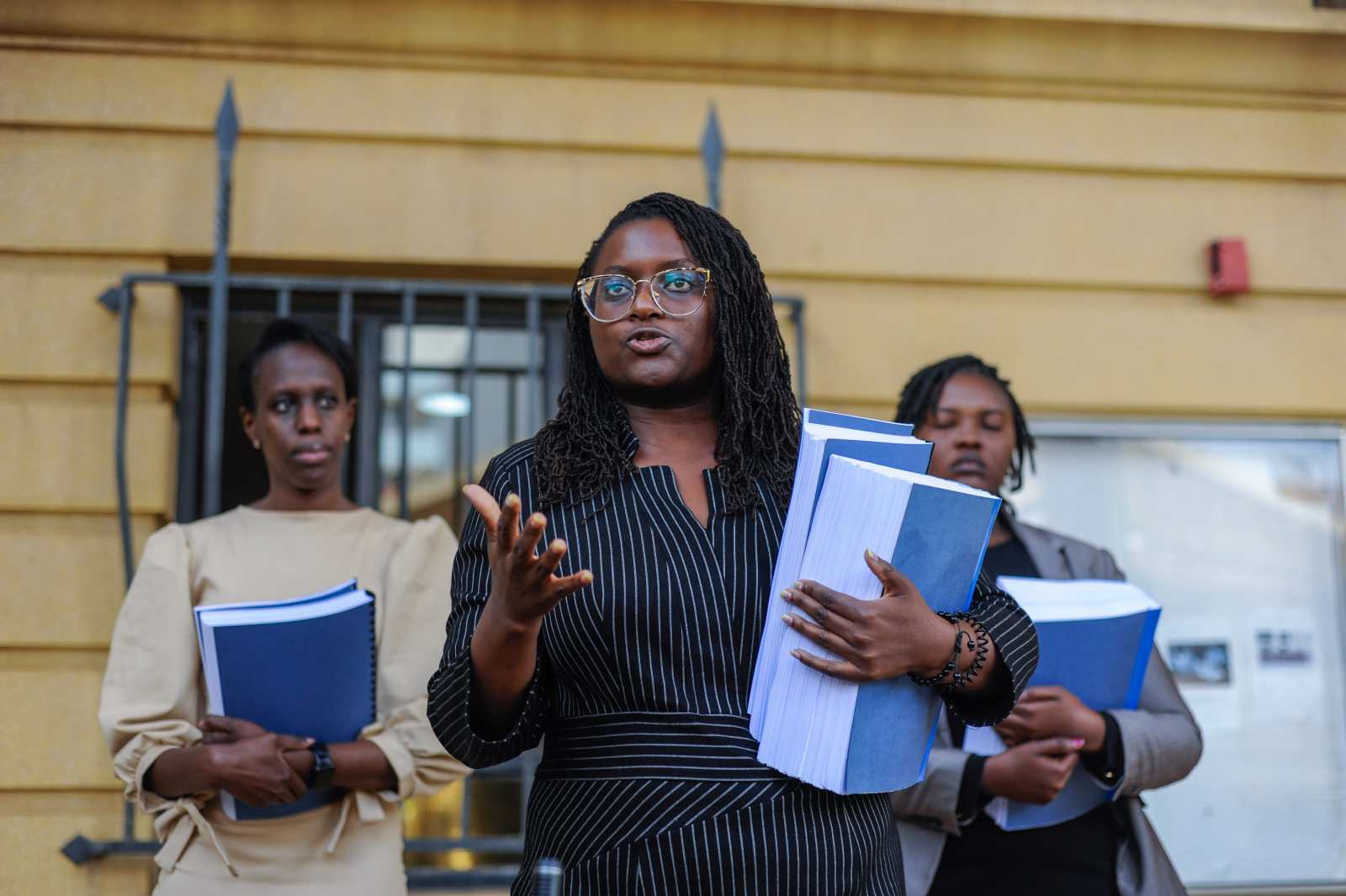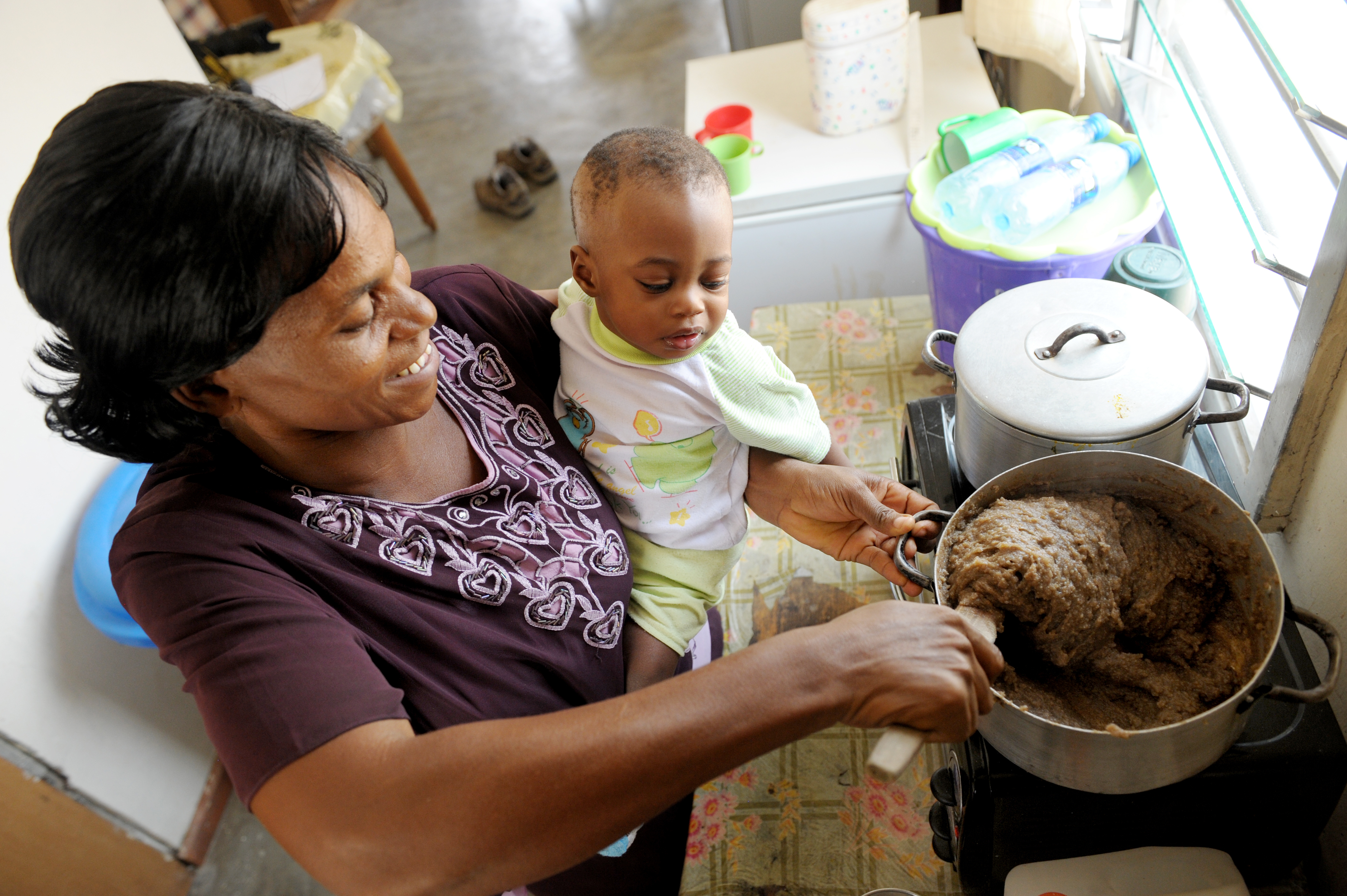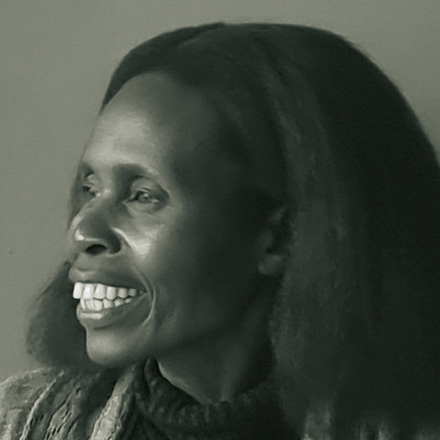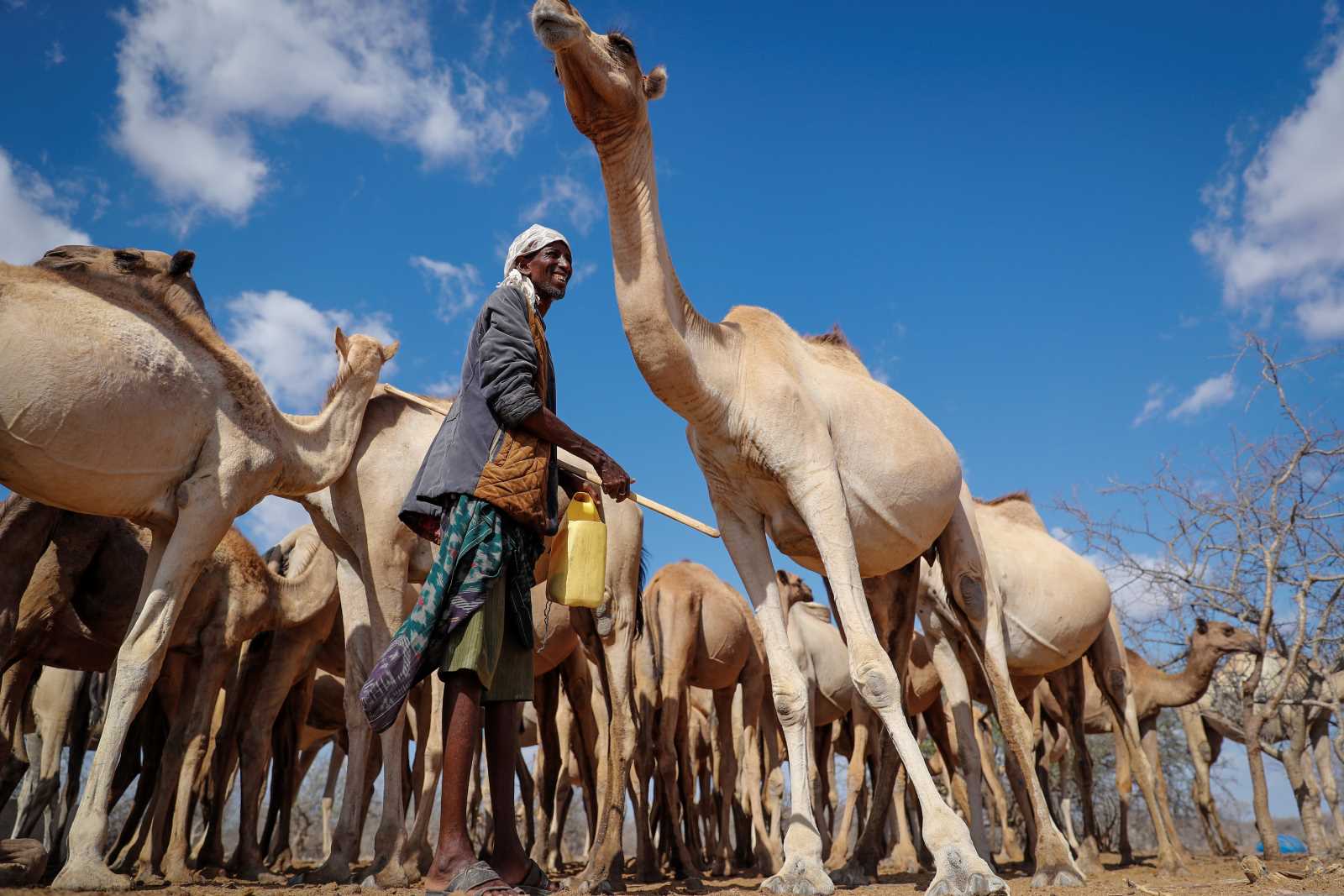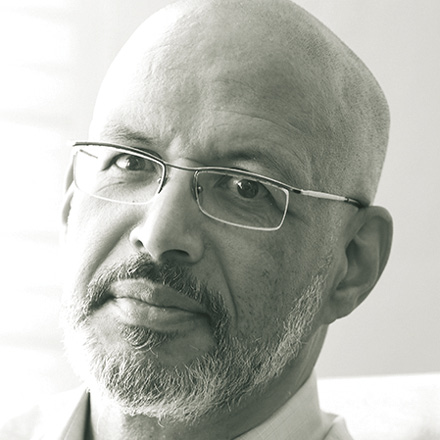Kenya
Deceptive calm
Shortly after the presidential and parliamentary elections in December 2007, there were violent clashes between supporters of the two parties, with murder, pillage, rape and torture. Up to 1,500 people were killed and approximately 400,000 driven from their home. The riots appeared to be ethnically motivated. Today, many victims still live in temporary camps – even though the new government had promised rapid improvement after assuming office. Many displaced persons’ camps have been removed by force, but the aid pledged only came in dribs and drabs. Those who received money for a fresh start were predominantly members of the Kikuyu, the largest ethnic group in Kenya, which supports President Mwai Kibaki and the PNU.
By contrast, displaced persons from other ethnic groups mostly remain empty-handed up to now. They have lost their land due to political or merely economic circumstances, and they have not been compensated. For that reason, the MRG report warns ethnic violence might break out any time again.
Moreover, the NGO is highly critical of how Kenya’s government is handling state affairs. It maintains that important political projects have not been implemented. Two new ministries were established – one for the marginalised north and one for disadvantaged fishermen in the west of the country; but according to the MRG, this was only done because both parties want to retain the loyalty of their voters in the affected regions. Observers bemoan that the new ministries cannot accomplish anything because they are not funded adequately.
The promise to finally amend the constitution in the first year of coalition government has not been given serious attention yet. This issue has been on the agenda for years, and the lack of will to tackle it seems to prevail. And though the ODM minister of agriculture presented a draft for highly controversial land reform, this urgent project is also expected to fail due to opposition from the PNU. Those who own the most land are Kikuyu, and their tribe supports the PNU.
The ODM caused a further setback when one of its ministers proposed an extensive amnesty, according to which those involved in recent, politically-motivated violence would not be prosecuted. In 1992 and 1997, such amnesties were granted after election-related riots. Human-rights organisations argue that the government must not foster a culture of impunity as that might promote future violence. The PNU opposes the proposal; and most detainees are ODM supporters.
In its report, the MRG recommends above all that the courts prosecute all acts of violence. Moreover, it is in favour of constitutional reform and calls for more national and international pressure on the Kenyan government. (sz)
